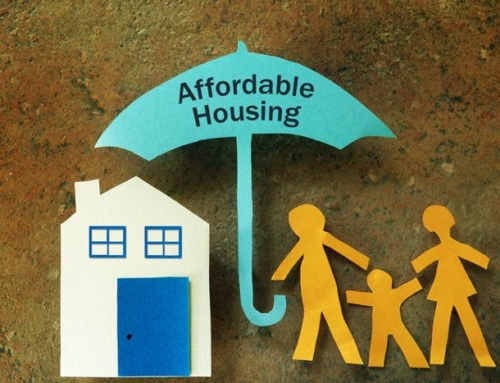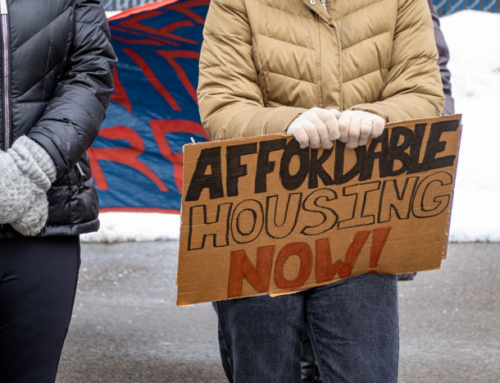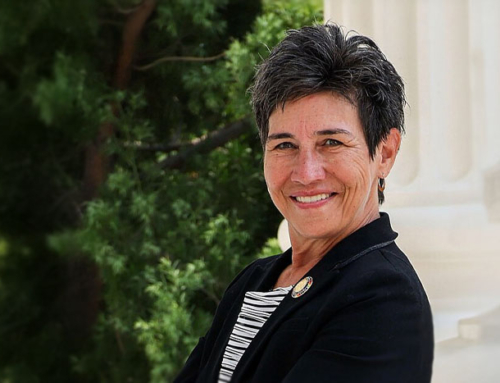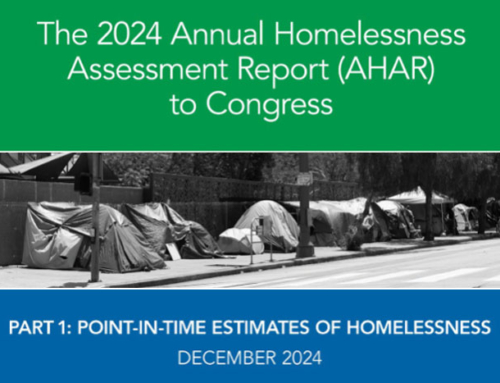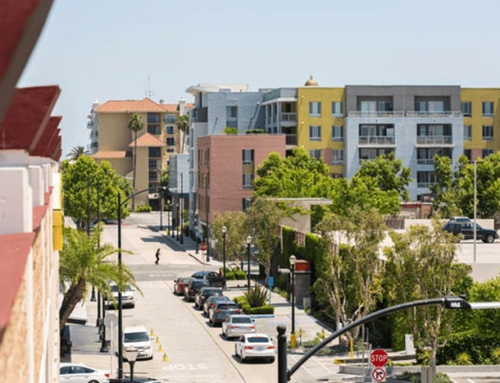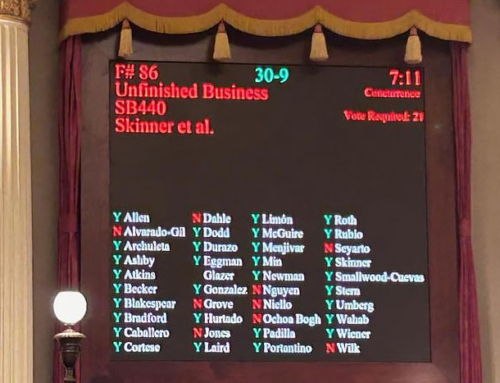In Fall 2024, California Governor Gavin Newsom signed into law over 60 housing-related bills, most of which became effective January 1, 2025. These new laws will likely shape housing outcomes in many ways, including accelerating housing production, strengthening housing law enforcement, facilitating the conversion of underutilized commercial and public lands for housing, addressing homelessness, and building more starter homes and Accessory Dwelling Units (ADUs).
The Legislature reconvened in Sacramento on Monday, January 6th, 2025. The excitement and energy of a new session disappeared quickly when the fires in Southern California ignited later in the week, exposing serious deficiencies in many government systems in place meant to protect residents with substantial state, local, and federal resources. The crisis has further highlighted the need to address the housing supply in addition to the severe impacts of climate change.
The Legislature is likely to continue introducing a plethora of housing-policy-related bills that would enhance the enforcement of housing laws, expedite project approvals, define labor standards to build specific project types, increase the supply of affordable units, protect tenants, and address the homelessness crisis. The following themes are expected to be considered by the state legislature and regulators in 2025, not in any priority order:
Regulations Since 2017, the legislature has passed legislation that continues to strengthen the state’s authority to enforce state housing laws through administrative and judicial actions by the Department of Housing and Community Development and the Attorney General. The legislature also continues to seek regulatory remedies to penalize cities that do not comply with their Housing Elements, the Permit Streamlining Act, and the Housing Accountability Act. Additional regulatory themes under consideration include reduction of regulatory burdens related to residential development on underutilized commercial properties and public lands, including schools, community colleges and universities; and reducing regulatory and environmental restrictions that can unlock land and increase density in communities near high-quality transit and jobs.
Property Rights Many cities continue to stymie property owners and developers attempting to obtain ministerial approval of housing project permit applications. The state continues to explore mechanisms for owners to increase density on existing properties, such as by constructing additional accessory dwelling units and duplexes, lot splits, converting apartments to condos or townhomes, and using the Subdivision Map Act to create more entry level ownership opportunities within existing single-family zones. The legislature is also considering laws that strengthen protections for tenants from rent increases, unjust evictions, and price gouging while trying to avoid unintended financial consequences on new housing production in the development pipeline.
Finance The legislature plans to reintroduce a statewide housing bond to fund existing oversubscribed state affordable housing programs; the statewide housing bond effort was unsuccessful last year. The state also continues to explore creative financing tools that can support the creation of naturally occurring affordable housing without direct subsidies. This may include expanding the property tax welfare exemption for moderate-income units built and operated by non-profit organizations, or a parcel transfer tax and property tax relief for new construction of multi-family units in cities with inclusionary policies. The state additionally continues to seek remedies to the insurance crisis by expanding the California FAIR Plan, an insurer of last resort.
Development Costs Housing impact fees continue to be a focal point of legislation in Sacramento given that some local jurisdictions continue to collect fees that exceed the national average. The legislature is considering shifting from an era of creating transparency and flexibility on when to pay impact fees to directly limiting fees. The state will also continue to address utility connection and hook-up fees as well as delays that continue to increase development costs. Infrastructure Local jurisdictions continue to experience challenges funding infrastructure improvements critical to residential and mixed-use infill development. The legislature will likely continue to address this issue with funding and policies that incentivize the use of local tools such as infrastructure financing districts. The state will also continue to seek funding and policies that increase density near transit and unlock underutilized public lands near transit. Despite enacting policies that incentivize transit-oriented development in recent years, lack of funding has stalled progress. Lastly, the recent fires in Los Angeles have spurred legislators to revisit regulations allowing home builders to build homes and new communities in or near “fire zones.”
We look forward to monitoring how state lawmakers, including the Governor and the Attorney General, will respond to the President’s executive orders in the short-term and to watch how the Legislature will take advantage of the moment to continue its work increasing California’s housing supply.
© LeSar Holdings/LeSar Development Consultants. All Rights Reserved. Please be advised that any republishing of copyrighted material provided by our organization, in whole or in part, requires prior written authorization. For permission, please reach out to [email protected]. We appreciate your understanding and compliance in upholding copyright laws.





